Seasonal allergies, often called hay fever, are symptoms that occur during specific times of the year. You may experience allergies because of how your immune system responds to the particles that are present in the air. It could be that you react to tree pollen when tree pollination occurs. Grass pollen and weed pollen are two other common allergens. Mold spores can also be problematic for some people. Allergies are an indication that your immune system is over responding to these foreign particles. Here are some seasonal allergy strategies that are focused on strengthening your immune system.
Vitamin C
Vitamin C, also known as ascorbic acid, is a water-soluble vitamin that is found in many types of fruits and vegetables. Vitamin C provides antioxidant protection and it is used by the body to help synthesize collagen to make connective tissue and more. There are a multitude of potential vitamin C benefits and getting enough in your diet can help improve skin health and boost immunity. If you suffer from seasonal allergies, you might consider maximizing your vitamin C dosage. Dr. Andrew Saul recommends dividing the dose up throughout the day. He says that's because vitamin C is water-soluble and is continually needed by the body. He also suggests that with all between-meal doses, drink plenty of water or have a small snack with each dose. This will buffer the C and help keep the tummy happy. His suggestion is to increase the dosage until your tummy rumbles or you have loose stools.
Quercetin
Quercetin is a bioflavonoid and anti-oxidant that can help calm the immune system and keep it from over reacting to pollen, grasses, and molds. It is found in deeply colored and nutrient rich plant foods, like leafy greens, tomatoes, berries and broccoli. Other good sources of quercetin are apples, peppers, dark cherries, and citrus fruits. While you can get plenty of it from eating a healthy diet, a good seasonal allergy strategy would include taking this compound in a concentrated supplement form for even stronger anti-inflammatory effects.
N-Acetyl-Cysteine
N-Acetyl-Cysteine, or NAC, is a form of the essential amino acid L-cysteine. It is a precursor to the “master antioxidant” glutathione and plays a significant role in detoxification and antioxidant protection. It is thought to be supportive of brain, kidney, and liver health. NAC can also relieve symptoms of respiratory conditions by acting as an antioxidant and expectorant, loosening mucus in your air passageways. Supplementing with NAC during allergy season could be a potent strategy.
Probiotics
Your gut microbiome is responsible for 70% of your immune system function. You can ensure your immune system is at it's peak by eating foods that nurture the good bacteria like fermented foods and prebiotics. Prebiotics serve as food for the good bacteria in your gut and include things like chicory root, Jerusalem artichokes, garlic, onions, leeks, asparagus, and jicama. Another good seasonal allergy strategy is to provide extra support to your gut by supplementing with a robust probiotic. LabDoor.com has tested and ranked the best selling probiotic supplements. Although there are small companies and physician grade supplements that are just as good.
Diet
Eating a healthy diet can also help to reduce allergy symptoms. Avoiding inflammatory foods and known allergens is a must. This includes processed food, sugar, and low quality vegetable oils (corn, soy, cottonseed, canola, peanut). Your diet should be rich in dark colorful fruits vegetables are good sources of bioflavonoids like onions, lemons, limes, grapefruit, berries and herbs of all kinds.
You should also make sure you are getting healthy fats from things like coconut oil, grass-fed butter or ghee, olives and olive oil and avocados. Good sources of protein are grass-fed beef and lamb, organic poultry and wild-caught fish. This will help your body have a healthy omega-3 to omega-6 fat ratio.
Did this help you? If so, I'd greatly appreciate it if you commented and/or share it on social media.

Email: sharonledwards@hotmail.com
Facebook: https://www.facebook.com/sharonledwardsbiz/






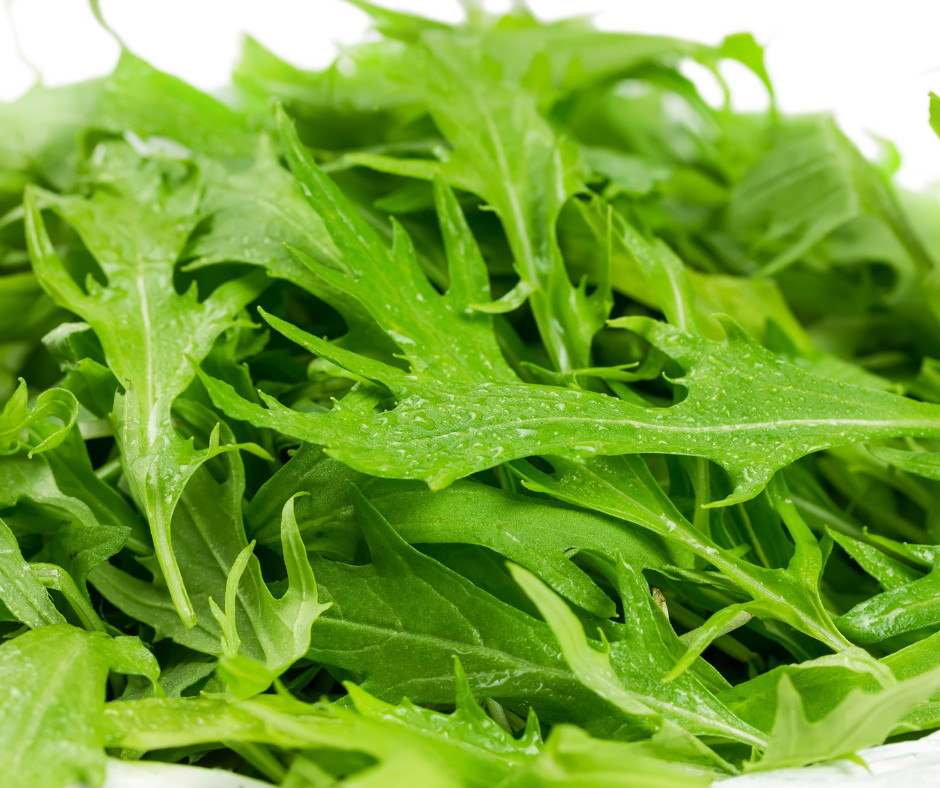
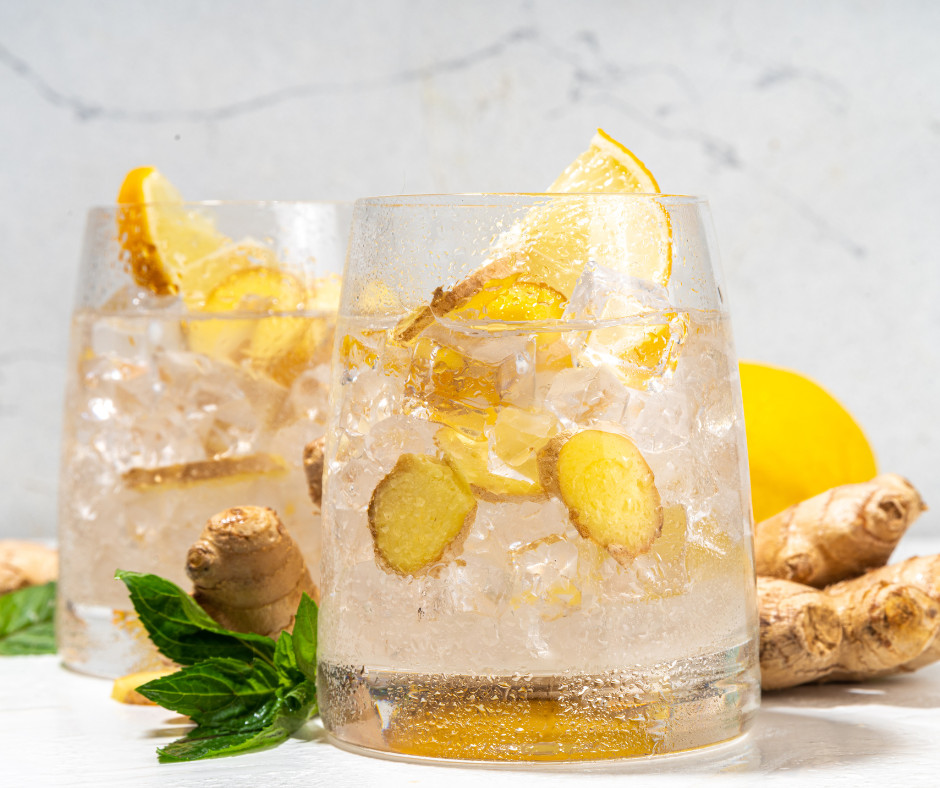
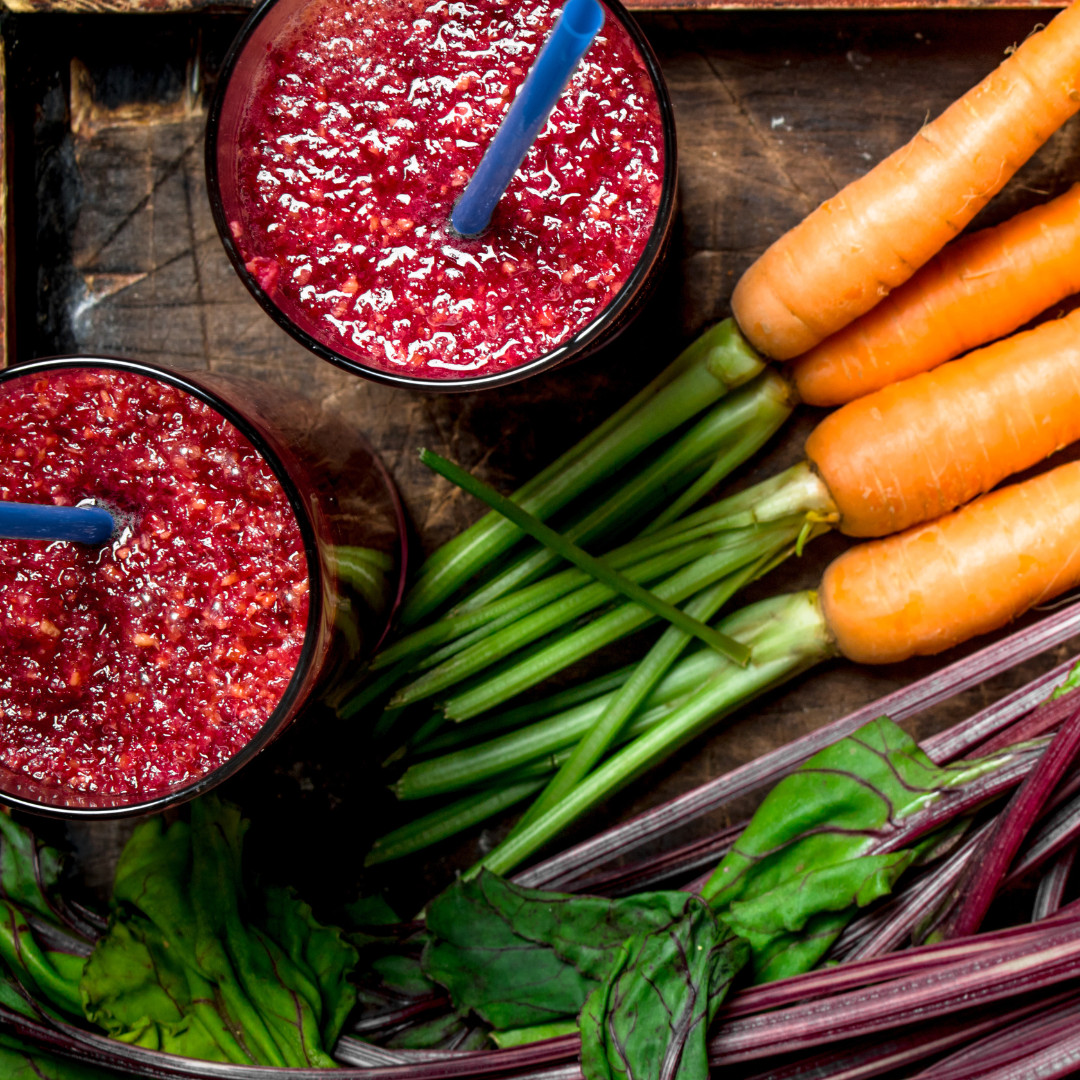
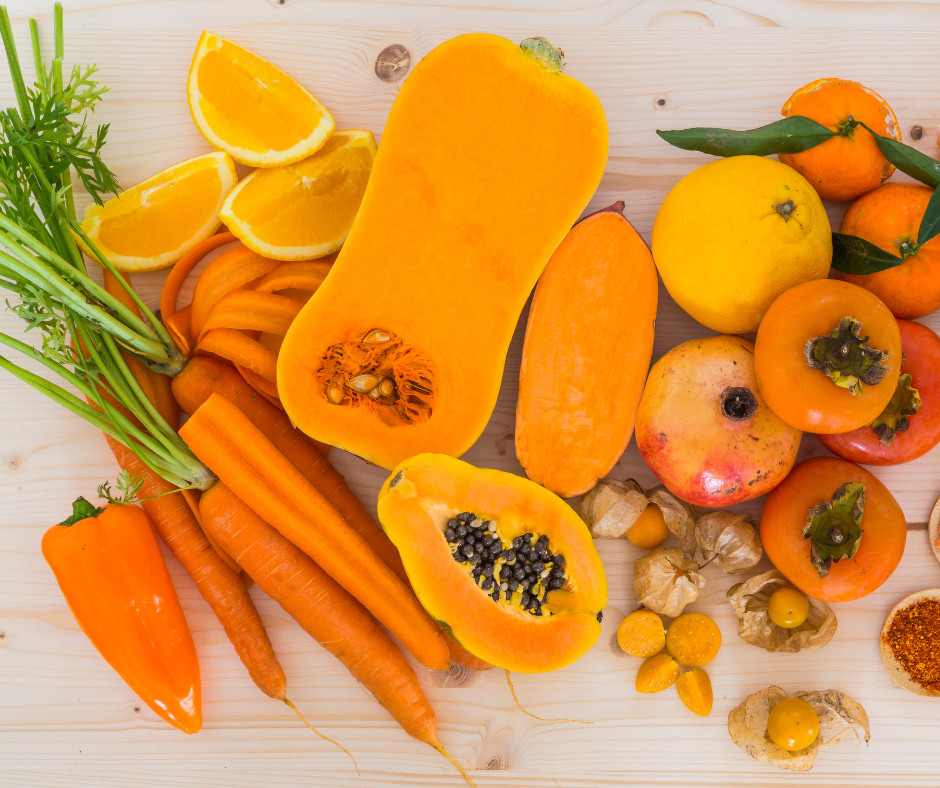
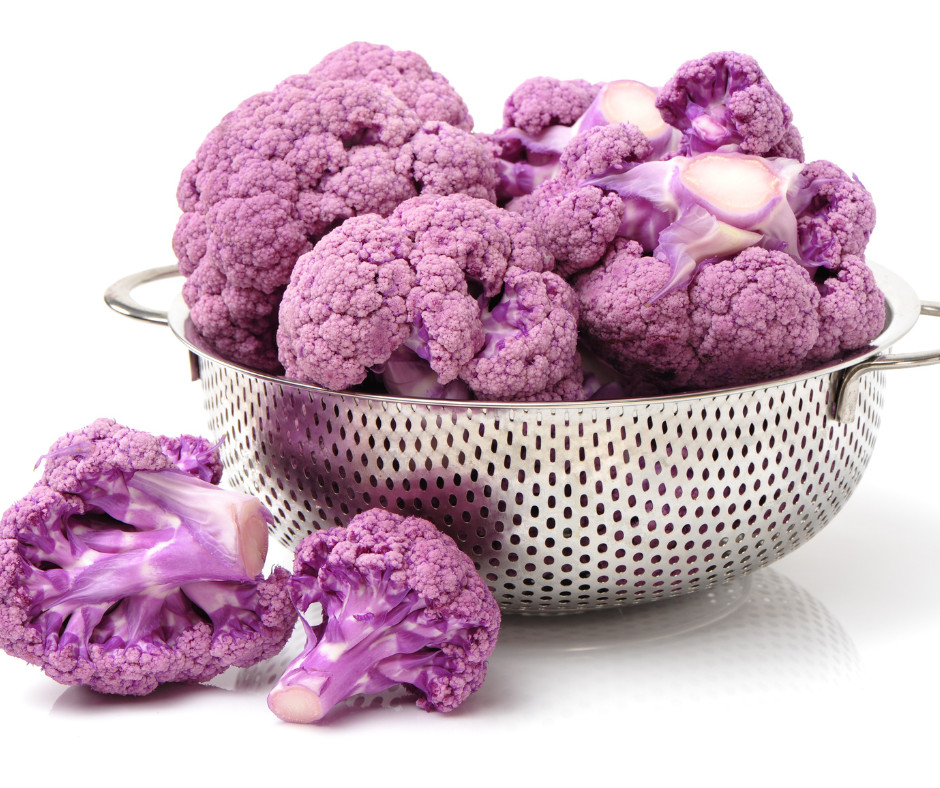
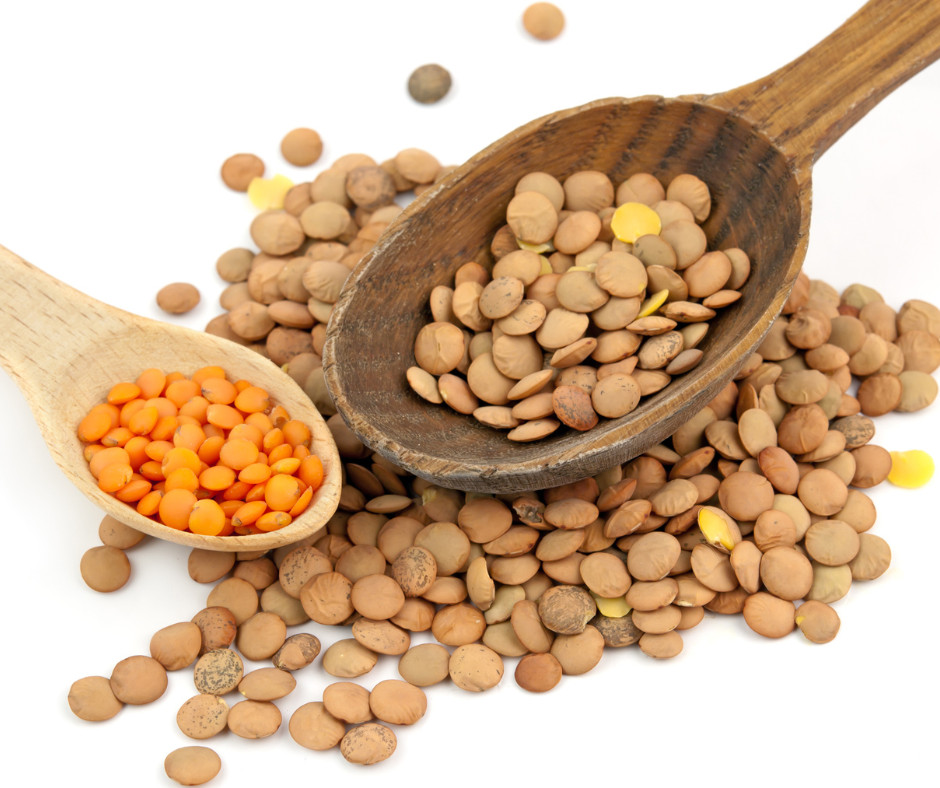
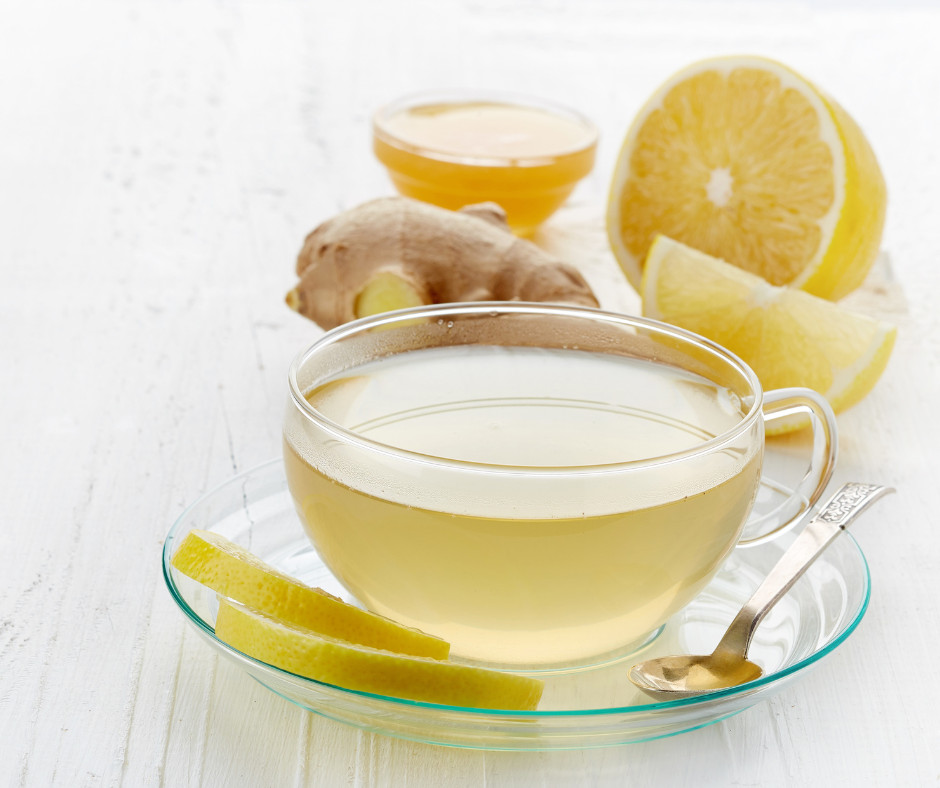





0 Comments